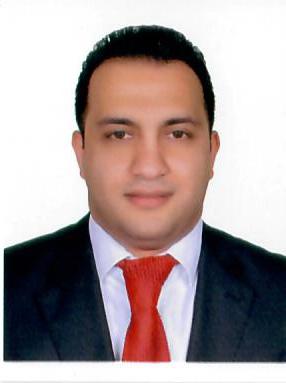Tackling Lebanon’s fiscal crisis: should food subsidies be eliminated?
Is elimination of food subsidies the right policy to address Lebanon's public finance crisis? This column reports research that uses information from consumer surveys to identify potential alternatives to such a policy. The evidence suggests that elimination of food subsidies is the worst possible option for policy-makers.


